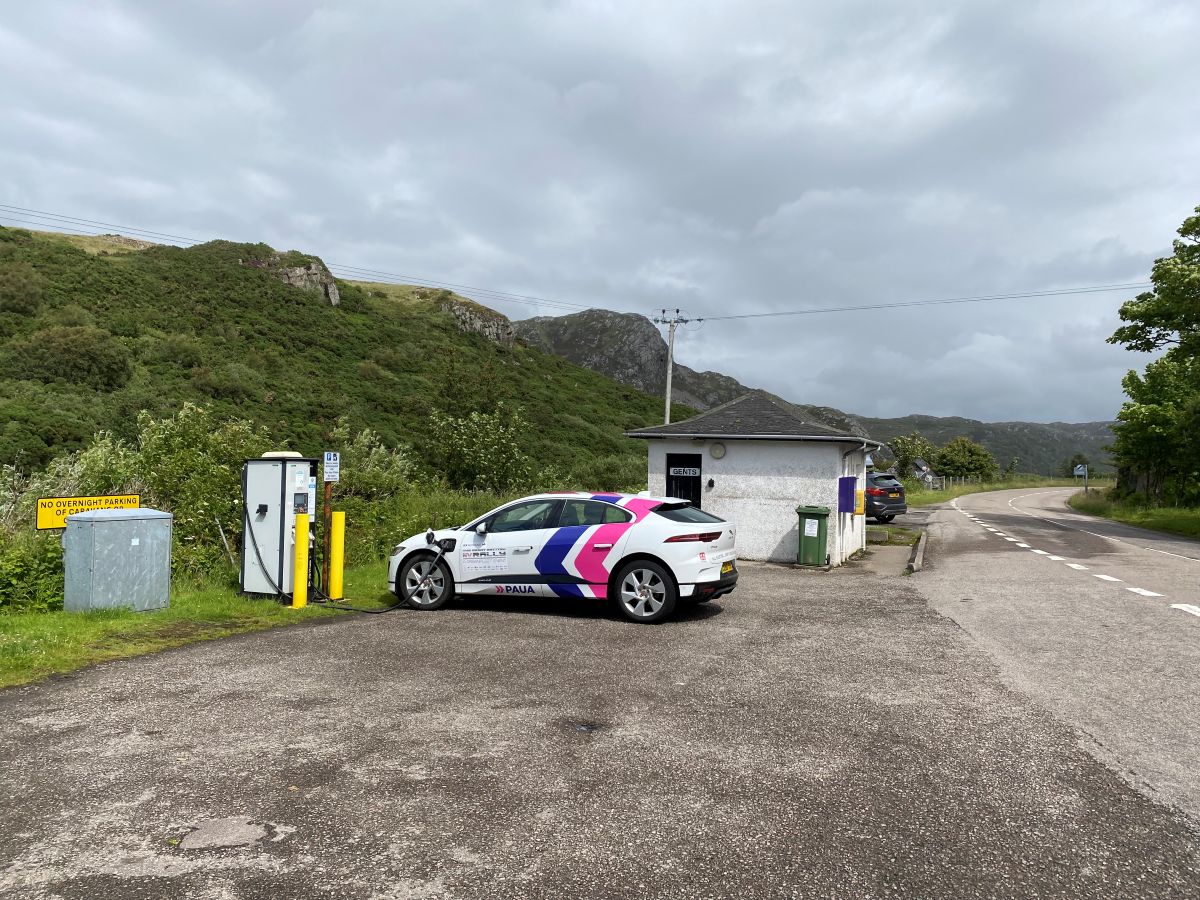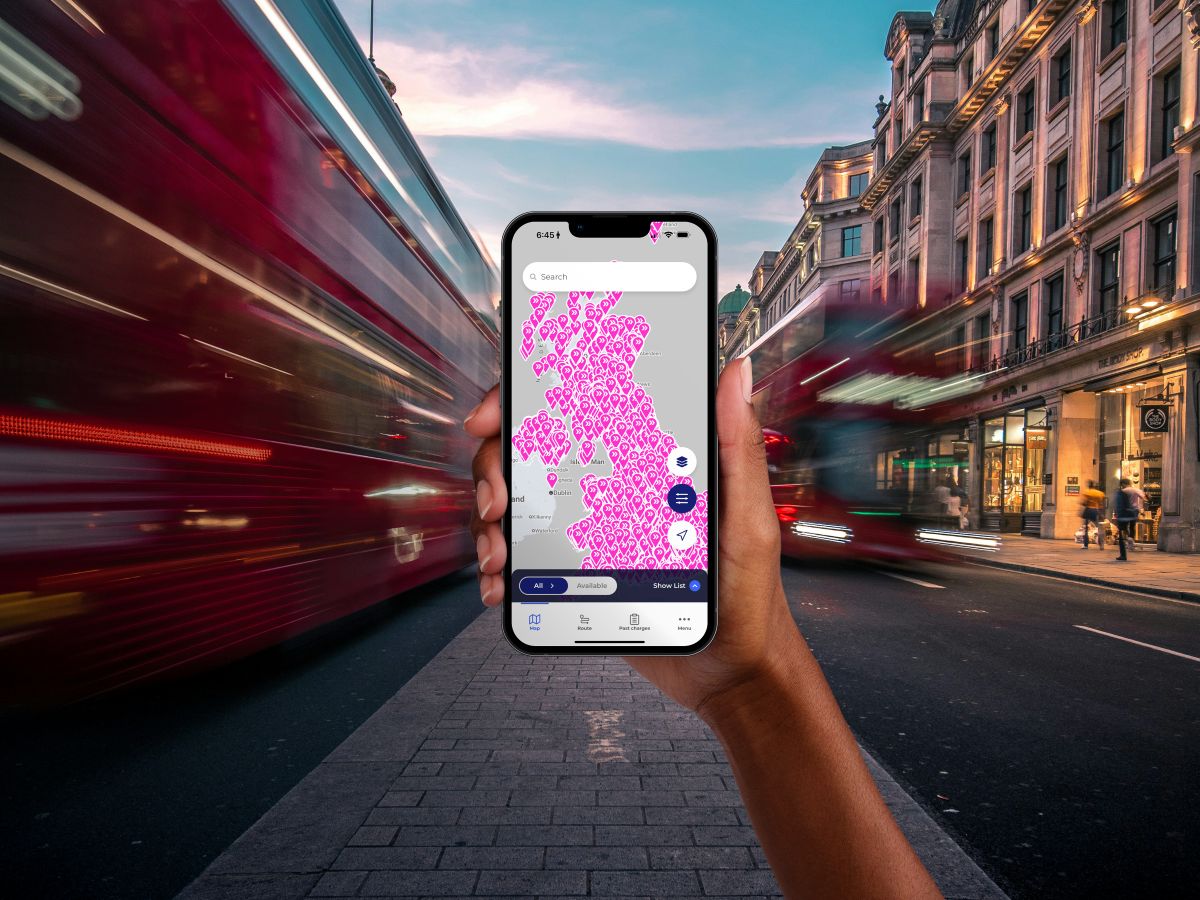TL;DR
In a discussion with Gerard Barron of The Metals Company, the need for a sustainable approach to sourcing essential metals for electric vehicle batteries is emphasized. The conversation highlights ocean mining as a potential solution to meet increasing demand while minimizing environmental impact. The Metals Company aims to revolutionize metal extraction by utilizing polymetallic nodules from the ocean floor.
- Niall Riddell, CEO & Co-founder at Paua & co-host Chris Sass chat with Gerard Barron, Chairman/CEO of The Metals Company, about ‘metals, mining and a more friendly approach to meeting the ever increasing demand.’
- Link in blog to full episode
Metals mining a more friendly approach to meeting the ever increasing demand
The importance of metals in electric vehicle batteries and the challenges associated with their sourcing has never been more prominent. The domination of China in the battery material supply chain has led to the need for more independent supply chains. Gerard, is Chairman and CEO of The Metals Company, which focuses on polymetallic nodules that contain nickel, copper, cobalt, and manganese. The environmental impact of sourcing these metals, especially nickel, from land-based mining is discussed. The potential for sourcing metals from the ocean floor is presented as a solution that not only meets the growing demand but also cleans the ocean. The need for increased mining and the dilemma of balancing resource extraction with environmental and human impacts is acknowledged.
The importance of the ocean
In the deep parts of the ocean, there are nodules containing high grades of nickel and copper.
In the 1970s, companies started focusing on extracting these nodules, but the United Nations intervened and established regulations for ocean ownership. The International Seabed Authority was created to govern this area of international waters. Deep Green Metals , formerly known as The Metals company, has been exploring and conducting environmental programs in preparation for extraction.
They have found that sediment only rises a few meters and settles back in the same area, minimising the impact on the surrounding environment. The role of oysters is vital in cleaning water and the ongoing formation of nodules. The energy required to extract nodules and the environmental impact compared to land-based alternatives is not to be overlooked. The TMC have a license through the United Nations Convention on the Law of the Sea, allowing developing countries to participate in the resource's development.
There is an opportunity for these countries to benefit economically and diversify their income. TMC has conducted environmental studies and has secured a production vessel. They plan to process their first batch of nodules in Japan and aim to be in commercial production by the end of 2025. TMC have onshore processing facilities that can handle nodules, reducing the need for new permits. Gerard acknowledges the potential resistance to their production and is keen to highlight the potential impact on metal prices.
The demand for metals like nickel, copper, cobalt, and manganese
The Metals Company aims to provide a new supply of metals by collecting polymetallic nodules from the ocean floor.
The demand for metals like nickel, copper, cobalt, and manganese is increasing, but the high-grade materials on land are becoming scarce. The company believes ocean metals will have a lower environmental and human impact compared to land-based mining.
They use 100% of the nodules and generate no tailings waste. The nodules contain valuable elements like nickel, copper, cobalt, and manganese, with higher grades compared to land-based ore bodies. The company also benefits from infrastructure advantages and plans to recycle and use every atom of their extracted materials.
They have identified 1.6 billion tons of nodules, enough to electrify the entire USA light passenger fleet and build 280 million EV batteries. The process involves using a robot to lift the nodules from the sea floor using water jets and separating the sediment. By using a vacuum system to collect nodules from the ocean floor, the company plans to return the water to a depth of around 1,000 meters.
They are conducting environmental studies and have support from James Cameron.
China is one of the main players in deep-sea mining, along with Japan, Korea, Singapore, the UK, France, Germany, and Russia. Gerard started the company in 2011 and has been investing in the space for the past 10 years. The provision of capital has been a major challenge, however.
Social acceptance and mining industry challenges
Gerard is keen to raise the importance of social acceptance and the challenges faced by the mining industry in gaining this acceptance from society.
There is opposition from some NGOs who are against land-based mining but promote recycling and sustainability. Gerard is surprised by the media's ability to present opinions as facts and highlights the need for scientific evidence in decision-making. He acknowledges that electric vehicle and battery industries are resource-intensive activities, however the TMC is working towards the overall goal of making the EV industry sustainable.
Listen to the full Insiders Guide to Energy episode here






